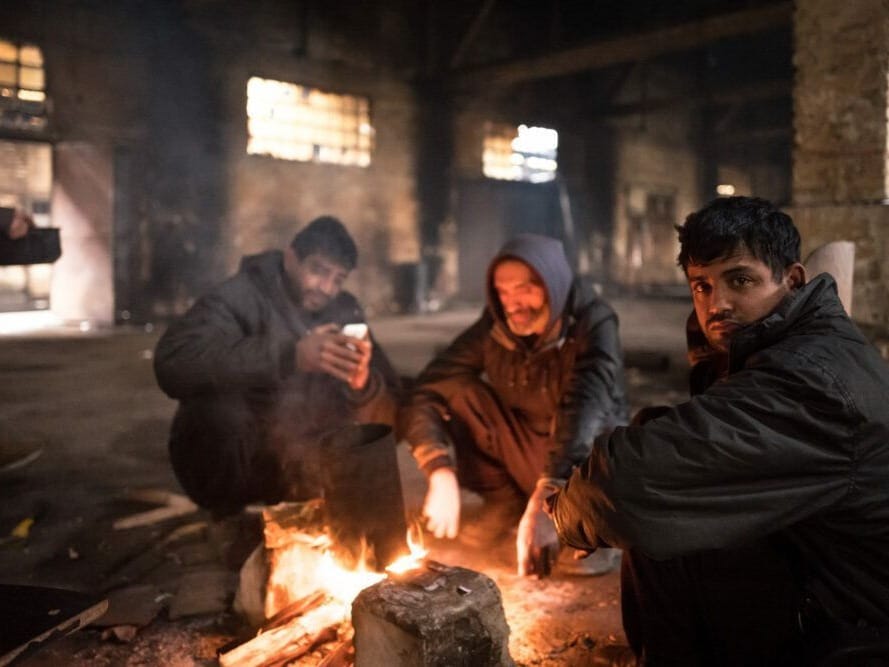GENEVA (AN) — Wars and conflicts displaced a record 70.8 million people worldwide in 2018, up 3% from a year earlier, the U.N. refugee agency reported on Wednesday.
The number of refugees, internally displaced people and asylum-seekers — larger than the populations of Britain, France or Thailand — rose by 2.3 million from 2017, when 68.5 million were displaced.









